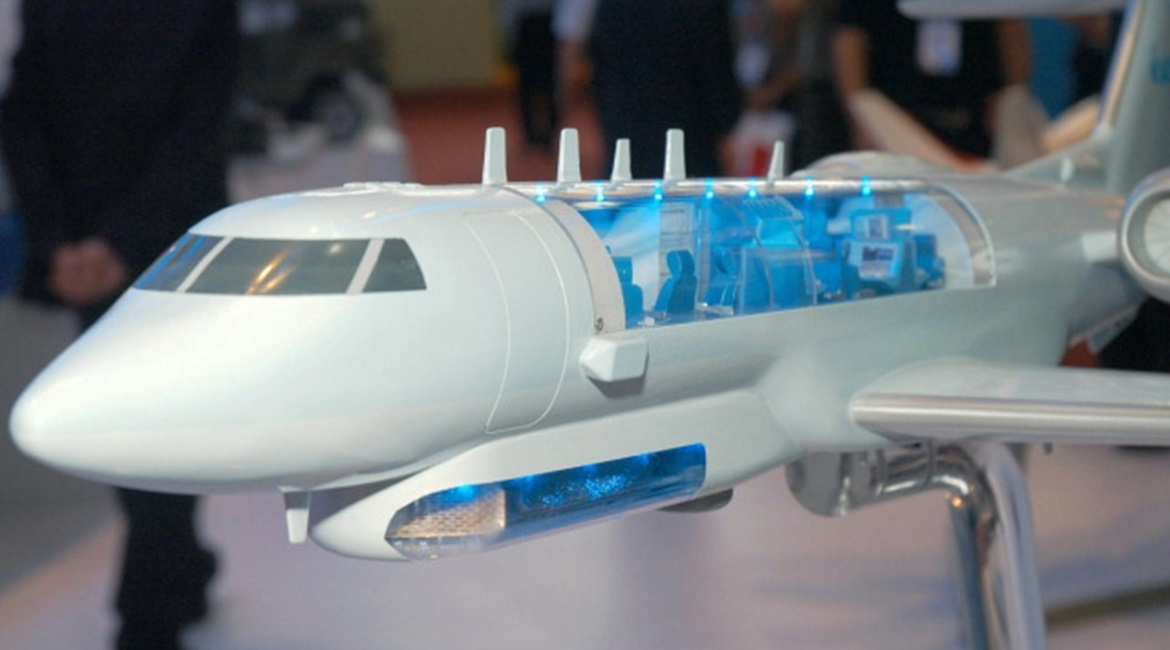
Israel Aerospace Industries (IAI) is proposing to provide a replacement to the UK for its soon-to-be-retired Raytheon Sentinel R1 Airborne Stand-Off Radar (ASTOR) wide-area ground-surveillance system.
Having already survived a number of proposed retirement dates, the Sentinel R1 ASTOR is set to be withdrawn from UK service in March 2021.
A company official told Janes on 9 June that the business jet-based ELI-3150 Multi-mission Airborne Reconnaissance and Surveillance (MARS)2 platform it is developing for another unnamed customer would provide an ideal replacement for ASTOR when it is withdrawn from service in 2021.
“We are the only company offering a modern JSTARS [Joint Surveillance Target Attack Radar System] aircraft, and with the MARS2 in its final stages of development IAI is offering [this platform] as a replacement,” the deputy general manager, Airborne Systems and Radars Division at IAI, Avishai Izhakian, said, adding; “[We are] working under the assumption that the UK will need a manned persistent wide-area surveillance capability.”
Izhakian did not disclose what level of dialogue, if any, IAI has already had with the UK Ministry of Defence (MoD) on this matter.
The Royal Air Force (RAF) currently fields four Sentinel R1 aircraft that are based on the Global Express business jet. These aircraft provide the air component of the wider ASTOR system that combines the dual-mode synthetic aperture radar (SAR)/ground moving target indicator (GMTI) fitted aboard the aircraft with mobile Tactical Ground Stations and a containerised Operational-Level Ground Station. This capability provides UK forces with the ability to conduct long-range, battlefield-intelligence, target imaging and tracking, and surveillance.
Having already survived a number of planned retirement dates, the capability is now earmarked to be withdrawn in March 2021. Currently, there are no publicly-divulged plans for a replacement.

Looking to read the full article?
Gain unlimited access to Janes news and more...






